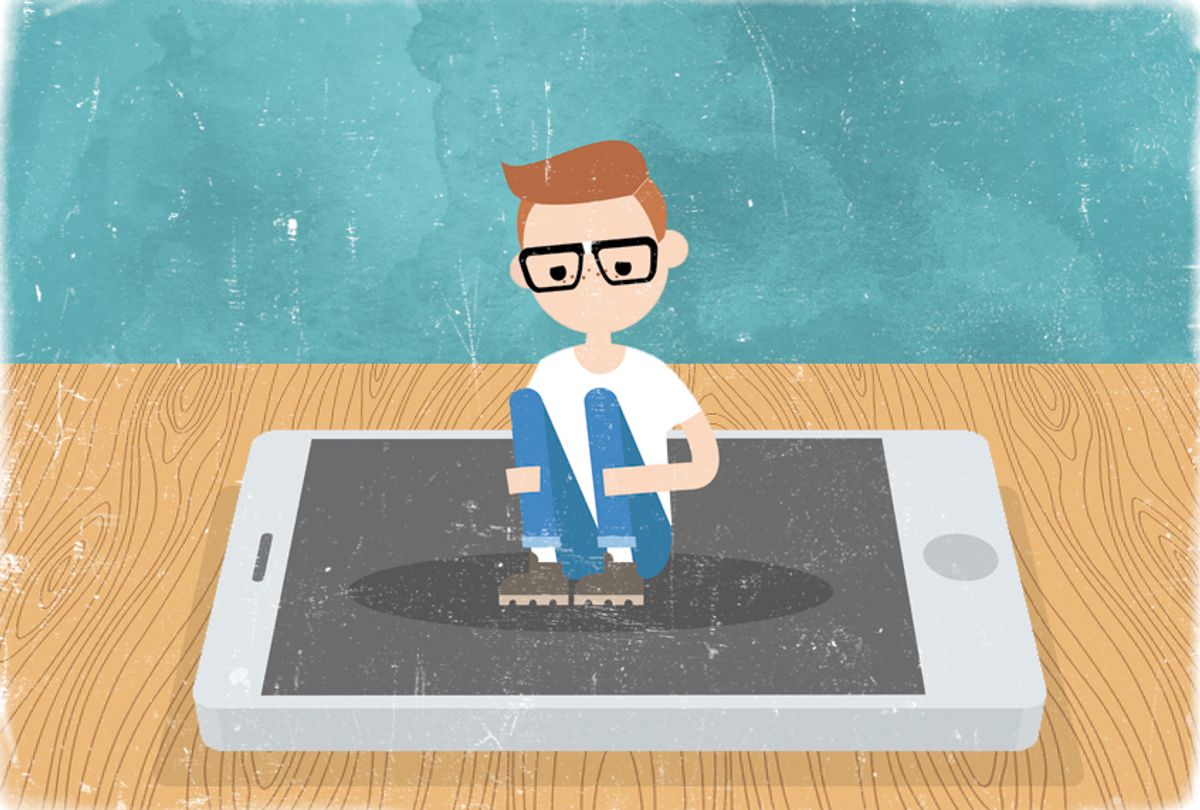Soon after cyberspace came into existence, cyber-cafés, cybersex and — regrettably — cyber-bullying all followed. For young people nowadays, many of whom experience much of their social lives vis-a-vis their phones, cyberbullying is as common or even more common than "normal" IRL bullying. Digital harassment has changed the teenage experience and has even been cited as one reason why some have taken their own lives.
Yet the internet is no longer the wild west it once was, and Silicon Valley tech companies seem to be taking cyber-bullying more seriously — or at least paying lip service to the idea. In the past month, both Twitter and Instagram, popular youth hangouts, rolled out new plans to combat bullying on their platforms. And while experts say these two companies' policy actions are commendable, they do not seem to have the one-size-fits-all solution to remove abuse from our digital lives.
Last week Twitter unveiled a new, proactive strategy to fight abusive trolls. While Twitter’s policy already prohibits harassment, and they have the authority to suspend or block certain Twitter accounts, CEO Jack Dorsey announced the company will be using technology to identify behavioral signals of harassers and then limit the visibility of harmful tweets.
“We want to take the burden of the work off the people receiving the abuse or the harassment,” Dorsey told reporters, via Reuters. He said previous efforts to combat abuse “felt like Whac-A-Mole.”
According to the Reuters report, the new approach decreased abuse reports originating from search results by 4 percent. It decreased abuse reports that stemmed from conversations — such as replies to tweets — by 8 percent.
Twitter is following suit of Instagram, the Facebook-owned company that announced in early May a new initiative to protect its users from cyberbullying. While Instagram previously filtered offensive comments, particularly those aimed at “at-risk groups,” the new filter hides comments that attack a person’s appearance, character, well-being or health.
“The bullying filter is on for our global community and can be disabled in the Comment Controls center in the app,” Kevin Systrom, Co-Founder and CEO wrote in a blog post. “The new filter will also alert us to repeated problems so we can take action.”
The notion of hiding harassment from users is commendable. Anyone who has been a victim of cyberbullying knows the stress and the emotional impact. Yet some experts told Salon they are not convinced that these two tech giants' plans are more than a small step in the right direction.
Sherryll Kraizer, the director of the Coalition for Children, said she gives “high praise” to the tech companies regarding their latest initiatives.
“I think [it] is particularly hopeful [how] they are approaching it by using their own technology,” Kraizer told Salon. “Having said that, the fact that Twitter only reports [a] 4 to 8 percent decline in abuse reports, that is not the best start.”
Kraizer said they should continue to use the technology they have to further their efforts.
Sameer Hinduja, co-director of the Cyberbullying Research Center and professor of criminology at Florida Atlantic University, told Salon it has always been a “learn as you go” for tech companies in the fight to combat cyber abuse — and these latest updates will likely be similar.
“On some level, we have had to be gracious with them as they figure out how to deal with never-before-seen problems arising at the intersection of humanity and technology,” Hinduja said. “Their use of artificial intelligence and machine learning to programmatically predict what may be abusive or toxic will similarly require our grace as they work out the kinks and figure out how to deal with contextual clues, sarcasm, constantly changing slang, varying cross-cultural definitions and perceptions of free speech, implicit bias and hate, and similar complex issues.”
Hinduja said that while nobody should expect their system to be perfect, it is indeed positive that the field is “rapidly developing.”
Christine McComas, an advocate for preventing cyberbullying abuse — and mother whose daughter Grace McComas took her own life after being cyberbullied — told Salon she feels encouraged by the policy changes.
“Do I think it will work? I'm not sure, but I am hopeful. It's a start, which is better than nothing,” she told Salon. "My hope is that 30 years from now, much like drunk driving, we will see cyberabuse for the damaging behavior that it is, and that we will make the positive social changes necessary to curb it,” McComas added.
Notably, Twitter and Instagram's actions do not necessarily address when the abuser is not a stranger — which is typically the case with younger victims.
“By and large, when it comes to adolescent populations, the aggressor is primarily someone the target knows — and usually from school.” Hinduja says.

Shares